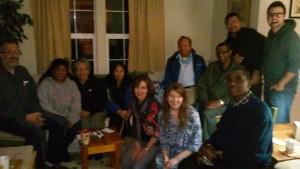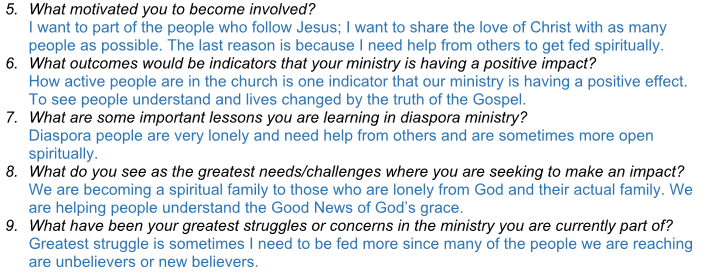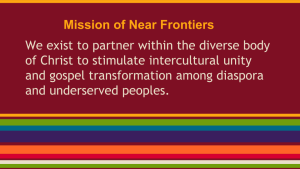Previously…
So, would you care to know how the Antioch church hit the “Play” button?
Acts 11:20 says, “But some of them were men from Cyprus and Cyrene, who, when they had come to Antioch, spoke to the Hellenists, preaching the Lord Jesus.”
Who were these “men from Cyprus and Cyrene”? They were (likely) Jews who had come to believe in the Messiah; they were on the move, scattered. Members of the huge Christian diaspora of those days. And they had courage to speak to people who were different…specifically the Hellenists.
Who were the “Hellenists” (or in the NIV, “Greeks”)? Before the Roman Empire, there was the Greek Empire which, thanks to the exploits of Alexander the Great, spread from Italy to present-day Iran. With the kingdom came a Greek, or Hellenistic culture and language that tied the people together (hence the NT is written in Greek).
There were certain cities that were chosen as colonies, or strongholds of Greek culture and learning. Antioch was one of those cities. To the Jews, Hellenists were those people who were hard to figure out.
Language – Jews spoke an eastern language that flowed from the back of the book to the front, from the right side of the page to the left. Hellenists spoke a western language that flowed from the front of the book to the back, from the left side of the page to the right.
Beliefs – Jews believed in the God of Abraham, Isaac and Jacob. Hellenists believed in Zeus, Hermes, and Artemis. Jews believed in one God. Hellenists had a “coatrack” of gods; always room for one more mythological character with wings.
Worldviews – Jews thought in cyclical, existential terms; they sought after signs, the “Wow factor.” Hellenists thought in linear terms; they sought after wisdom, the “Sensible factor.”
Authority – The Jews were the refugees on the run; everything they owned was portable. The Hellenists were settled, comfortable in their culture. But both were under the rule of the Romans, so they had that in common.
It was only a matter of time before they would get into a tussle of confusion over customs, beliefs, and words. In other words, this was a huge hurdle to cross. This would be like me trying to preach Jesus to a Buddhist King from Cambodia who happened to know some English.
But something impelled a few courageous believers to jump the cultural and class hurdle; something empowered them to keep the story unfolding such that an intercultural church with a mission-vision could sprout up in the heart of that Greek colonial city ruled by Romans.
 What gave them the initiative to do that? Or to relate it practically, what could motivate and strengthen us to do the same? I mean, we are wired to prefer our own kind of music, food and dress. We like our schedules, our politics, our entertainment. And we prefer being around people who share our likes and dislike our dislikes! What reasons could be strong enough to push “Play” in our lives, and in our church, to keep the story rolling?
What gave them the initiative to do that? Or to relate it practically, what could motivate and strengthen us to do the same? I mean, we are wired to prefer our own kind of music, food and dress. We like our schedules, our politics, our entertainment. And we prefer being around people who share our likes and dislike our dislikes! What reasons could be strong enough to push “Play” in our lives, and in our church, to keep the story rolling?
Up next: Rewind – Transformation of mind and heart
Read the full story here.




